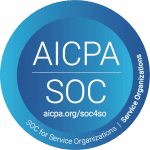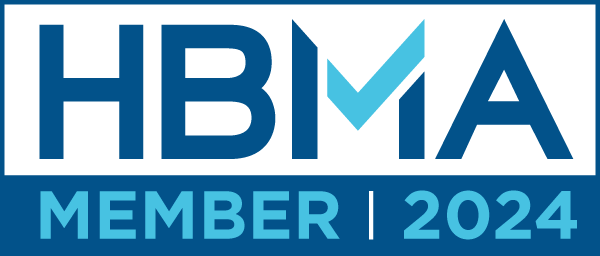Don’t Be Surprised by the No Surprises Act
On August 19, 2022, the U.S. Departments of Health and Human Services, Labor, and Treasury issued final rules for the Title 1 of Division BB of the Consolidated Appropriations Act, 2021, commonly referred to as the “No Surprises Act.” This Act was designed to provide consumer protection by requiring:
- Good faith estimates
- No balance bills
- An issue/dispute resolution process
Following numerous lawsuits and recent court decisions, major changes were made to the Qualifying Payment Amount and the Independent Dispute Resolution process.
Changes include:
- Insurance payers must provide the Qualified Payment Amount with the initial payment:
- A statement that the service code or modifier billed by the provider, facility, or provider of air ambulance services was downcoded.
- An explanation of why the claim was downcoded, including a description of which service codes or modifiers were altered, added, or removed, if any.
- The amount that would have been the QPA had the service code or modifier not been downcoded.
- The initial rule required the IDR entity to choose the closest offer to the QPA amount. (The issue with this is that the QPA may not reflect the true value of the service.)
The Department of Labor’s Fact Sheet re: Requirements Related to Surprise Billing: Final Rules follows Surprise Billing Final Rules. There are numerous resources available in the public domain, including at CMS www.cms.gov/nosurprises which offers significant information categorized as:
- Policies and resources
- Resolving out of network and payment disputes and
- Consumers
Additionally, the Departments of Labor (DOL) and Health and Human Services (HHS), as well as a number of insurers and consulting companies, have authored FAQ about the Affordable Care and Consolidated Appropriations Act, 2021, which are also available in the public domain. These FAQs are a good guide to understanding the Act. These are general information documents and should not be considered legal, medical and/or tax advice. Please contact your legal, medical/tax advisors for specific questions or issues you may have.









